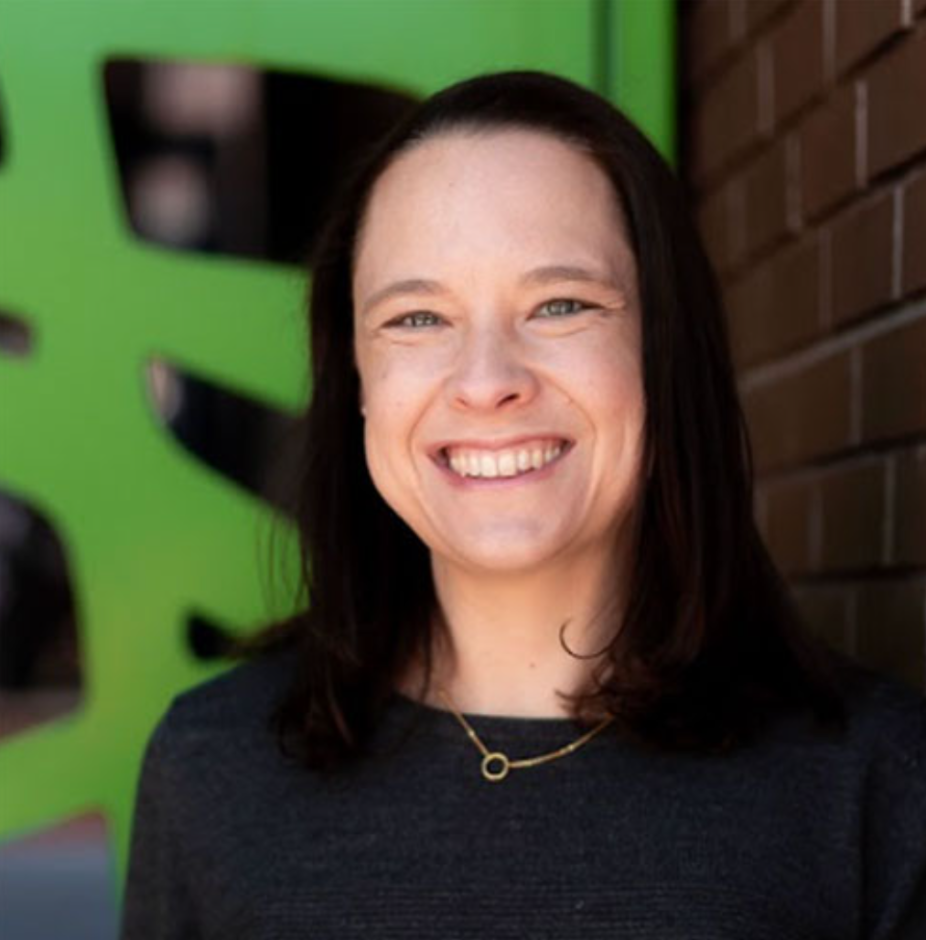CISL's new software engineering section delivers "a fresh approach to software design and development"
by Shira Feldman
The Computing and Information Systems Laboratory (CISL) at NSF NCAR recently launched a new software engineering section to transform how the organization develops and optimizes scientific software.
“The scale and complexity of the scientific challenges NSF NCAR seeks to address require a fresh approach to software design and development,” said Thomas Hauser, CISL Director and NSF NCAR Associate Director. “We’re excited to contribute to this effort by implementing strategies that make software run fast and more efficiently on modern and emerging computing architectures.”

Thomas Hauser, CISL Director.
“The new section allows us to address some of the most challenging scientific questions in Earth System Science."
— Thomas Hauser, CISL Director
Sheri Voelz, section manager of the new software engineering section, emphasized the new section’s focus on collaborative and team-based development. She described how team members will “collaborate closely with scientists to understand their specific research interests” in order to optimize their software. This collaborative commitment extends to a co-design process, integrating domain experts with advanced computing strategies.
The section will establish strong collaborations within UCAR, working closely with both the planned Community Software Facility (CSF) and the Software Engineering Assembly (SEA). These groups will co-develop critical infrastructure and drive technological innovation.
Beyond development, Voelz envisions supporting the broader community through mentoring, tutorials, and hands-on engagement, fostering career growth, and advancing technical skills for both scientific and engineering staff members.

Sheri Voelz, Software Engineering Section Manager.
"Through conversations with the community, we hear that computational bottlenecks often limit the scale and scope of the problems researchers can explore. Our goal is to change that.”
— Sheri Voelz, Section Manager
One key focus of the new section is to optimize existing software. The group specializes in enhancing current software by “implementing faster algorithms and parallelization techniques tailored for modern and emerging hardware architectures." This includes improving I/O workflows for large-scale data and applying lossy compression methods.
Added Voelz: “To ensure confidence in scientific results when bit-for-bit reproducibility isn’t feasible due to changes in hardware, compilers, or code, we provide software verification tools designed to validate accuracy and consistency.”
The new software engineering section is dedicated to adopting modern software engineering practices, including continuous integration and automated testing, leveraging its on-premises cloud platform, CIRRUS.
CISL's new Software Engineering section marks a significant step forward in community software development, enabling faster performance and empowering researchers to make groundbreaking contributions to the broader community.